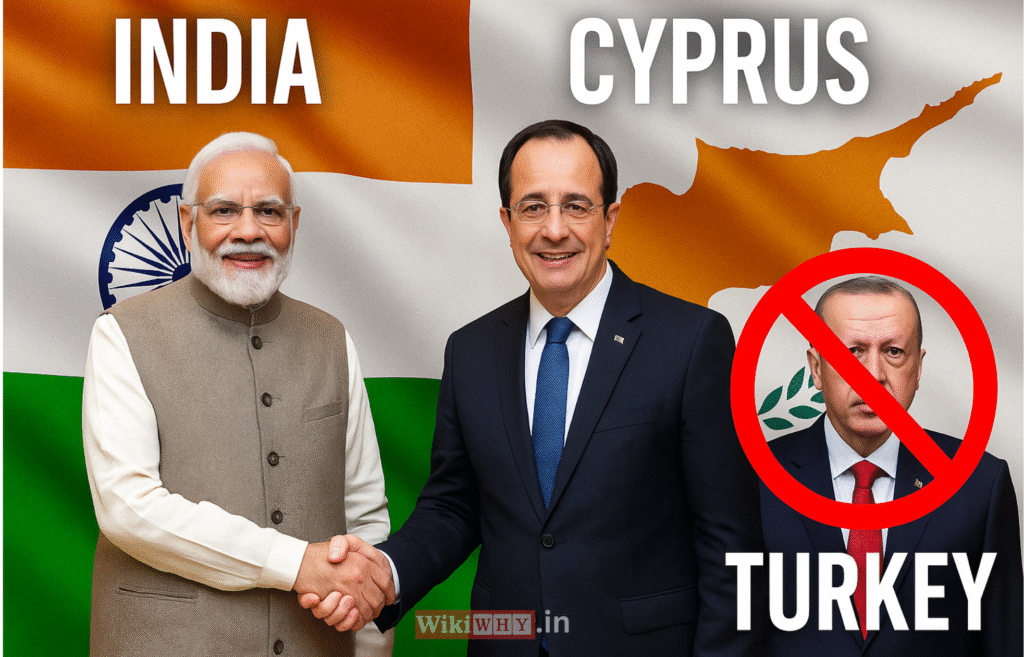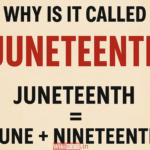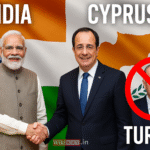You must be wondering, Why PM Modi’s Visit to Cyprus Is Under Discussion Now.
Over the past few months, the global political landscape has witnessed various developments. Among them, the visit of Prime Minister Narendra Modi to Cyprus has attracted special attention.
This otherwise routine diplomatic interaction has become a point of inquiry all over the world, keeping in mind especially the timing and the nations involved in the background—most importantly, Turkey and Pakistan.
Why is PM Modi’s visit to Cyprus in the news today? Why are experts linking it with Turkey’s changing stand, and how does that fit into India’s current regional and global strategies? Is this a simple bilateral affair or does it carry deeper, perhaps strategic implications like sending subtle messages to rivals like Pakistan?
This article helps you to understand the historical, geographical, and political context of Cyprus. It also looks at its long conflict with Turkey and connections between PM Modi’s visit to Cyprus and India’s larger geopolitical interests.
We shall also look at whether this diplomatic visit is tacitly(untold moto) having any relation with Operation Sindoor or the India-Pakistan situation.
Understanding Cyprus: History and Geographical Significance
Cyprus on the world map?
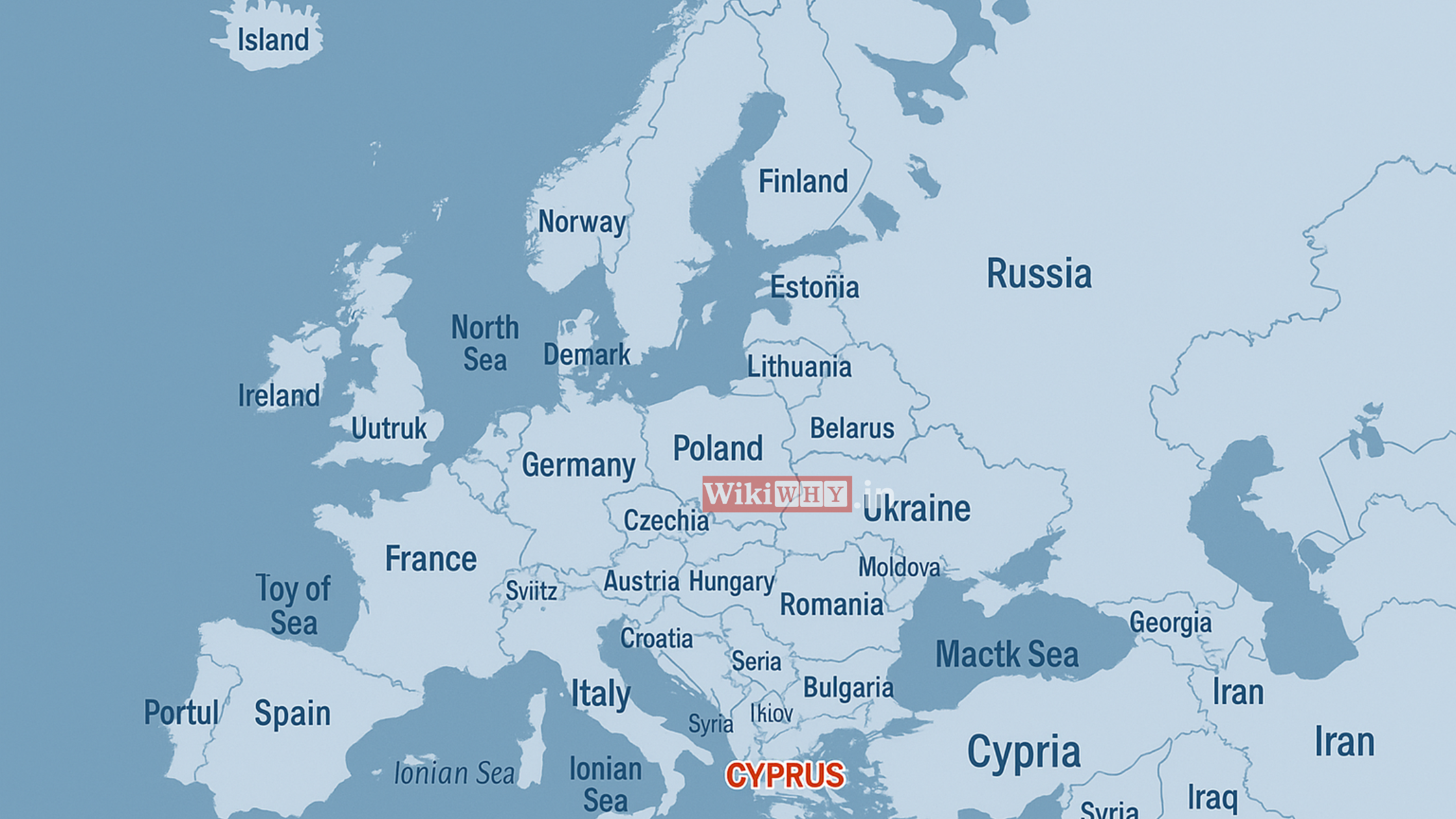
Cyprus is a Mediterranean island nation located south of Turkey and west of Syria and Lebanon. Although small in size, Cyprus is strategically significant because it is located at the crossroads between Europe, Asia, and Africa.
Cyprus Capital: NicosiaCyprus Currency: Euro
Cyprus Official languages: Greek and Turkish
Population: Around 1.2 million
Cyprus Location On World Map: Eastern Mediterranean, close to strategic sea and air routes
Know the History of Cyprus, to understand topic in better way.
- Cyprus possesses a rich, varied history that goes back thousands of years. Cyprus has influence of numerous civilizations including the Greeks, Romans, Byzantines, and Ottomans. Like many countries Cyprus was also a British colony until it became an independent state in 1960.
- In 1974, there was a coup(unexpected revolt) supported by the Greek military junta to join Cyprus with Greece. Later a military invasion by Turkey started from the north of Cyprus.
The island is currently has two parts:
- Republic of Cyprus (legally accepted by world, member of the European Union)
- Turkish Republic of Northern Cyprus (accepted only by Turkey)
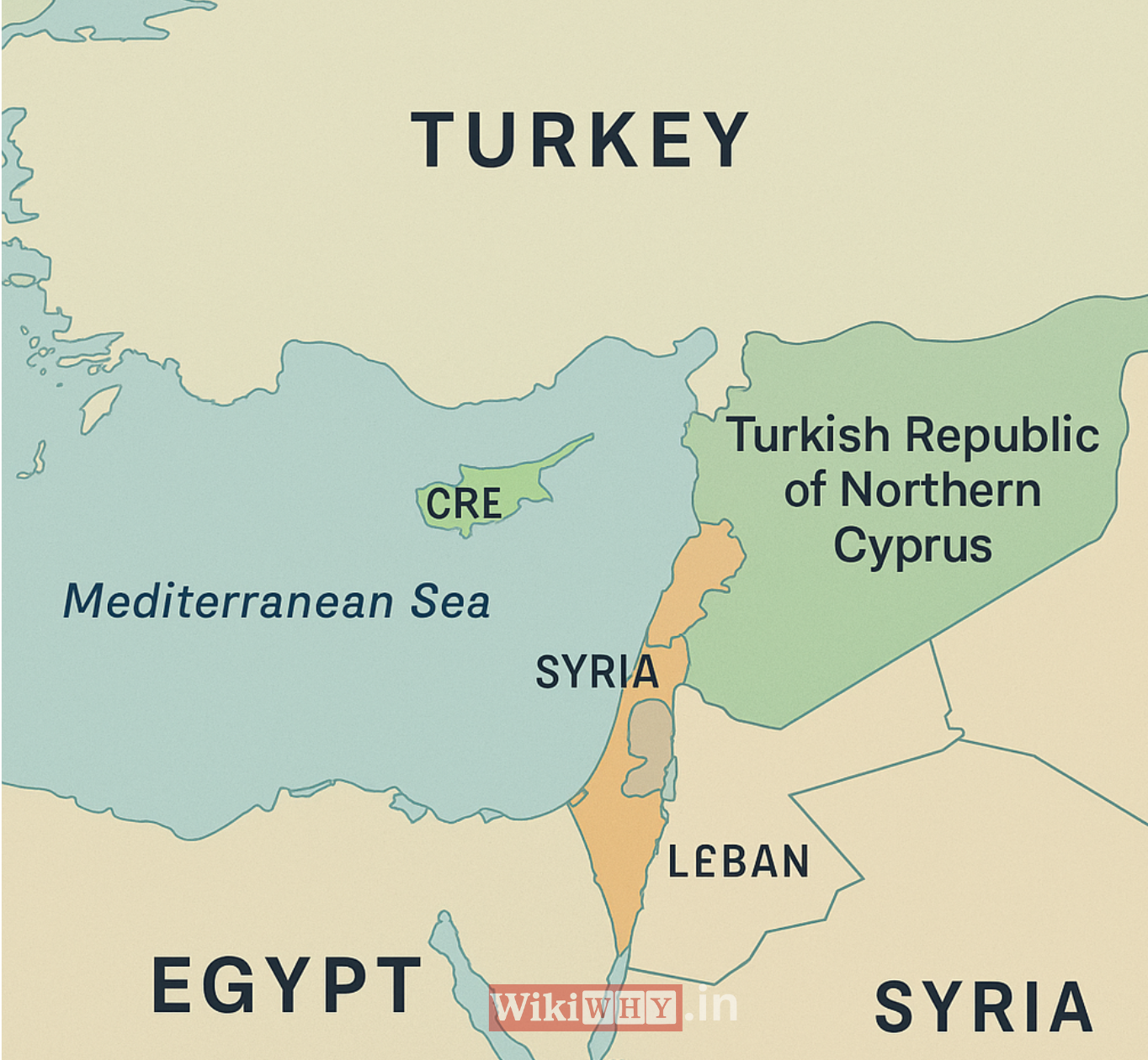
This separation has been a apple of discord for many years between Cyprus and Turkey as not acknowledging the Republic of Cyprus as the only lawful government of the island.
Cyprus-Turkey Conflict: A Chronic Disagreement
The Cyprus vs. Turkey conflict is long-standing and persistent. While the south of the island prospers economically and is a member of the European Union, the north remains politically isolated and reliant on Turkey.
Major Problems in the Conflict
- Territorial Partition: Cyprus is partitioned by a UN-patrolled buffer zone.
- Recognition: Only Turkey considers Northern Cyprus as an independent state.
- Gas Reserves: There have also been controversies over offshore gas exploration rights in the Eastern Mediterranean.
- Military Deployment: Turkey deploys troops in Northern Cyprus.
Past Of Turkey’s Diplomacy:
Turkey under President Erdogan has demonstrated added assertiveness in the neighborhood, frequently in conflict with Greece, Cyprus, Israel, and Egypt regarding maritime boundaries and energy.
Turkey’s actions have been publicly criticized by the European Union(EU) and the United States(US), but it continues to present itself as a regional power.
India’s diplomatic strategy comes into play here.
Why PM Modi Visited Cyprus: Strategic Implications
During this visit, Prime Minister of India, Narendra Modi received a prestigious civilian honor by the Government of Cyprus. The honor was awarded in appreciation of his efforts to improve diplomatic relationships and foster democratic values across the world. Although this was celebrated with warmth by both Indian and Cypriot authorities, it also had strategic implications.
Strengthening Bilateral Ties: India and Cyprus have traditionally enjoyed warm and friendly relations. Also, countries support each other in international forums and other global platforms.
PM Modi’s Cyprus visit helped in:
- Signing multiple MoUs on economic cooperation
- Boosting investment and trade
- Promoting IT, science, and education exchanges
- Reaffirming support on territorial sovereignty issues
However, the perfect timing shows this visit is not only about diplomatic niceties but also about recent political moves by Turkey.
Is This Visit A Message to Turkey?
Yes, it appears that PM Modi’s visit to Cyprus carries a strong geopolitical signal to Turkey. Let’s understand why:
1. Turkey’s Increasing Support for Pakistan
Turkey has become one of Pakistan’s closest allies, often supporting Islamabad on the Kashmir issue in international forums such as the United Nations and the Organisation of Islamic Cooperation (OIC). Turkey has openly criticized India’s move to abrogate Article 370, which granted special status to Jammu and Kashmir.
In response, India has scaled up its diplomatic engagement with countries that have disputes with Turkey—Cyprus, Greece, Egypt, and Armenia. This reflects India’s “strategic balancing” approach.
2. Diplomatic Retaliation with Soft Power
By choosing to visit Cyprus and Greece, PM Modi is indirectly highlighting Turkey’s ongoing illegal occupation of Northern Cyprus. India, like most of the world, does not recognize the Turkish-backed region. Thus, the visit symbolizes India’s alignment with international law and sovereignty, countering Turkey’s interference in Kashmir.
Is There a Link to Operation Sindoor or India-Pakistan Tensions?
Recently, there have been rumors and online speculation about Operation Sindoor, an alleged covert military operation by India to weaken Pakistan’s terror infrastructure. Though unconfirmed officially, the operation has caught public interest, especially with increased border tensions and drone attacks.
Could This Visit Be Part of a Larger Message?
Possibly. PM Modi’s diplomatic trips to nations at odds with Turkey can be viewed as part of a larger geopolitical chessboard where India:
Counters Pakistan indirectly
Sends warnings to Turkey for interfering in Kashmir
Gains leverage in international forums by building alliances with Turkey’s critics
Although Operation Sindoor is not publicly acknowledged, India’s international diplomacy, military preparedness, and intelligence actions seem coordinated.
The India-Cyprus Relationship: Mutual Interests
While politics dominate headlines, India and Cyprus share several common goals:
- Education: Many Indian students study in Cyprus universities.
- IT Sector: Indian IT companies have begun operating in Cyprus, creating economic opportunities.
- Financial Ties: Cyprus is seen as a potential investment gateway to the EU.
By reinforcing ties, India also strengthens its EU relations, since Cyprus is an EU member. This creates economic and political advantages in multiple areas, from defense technology exchange to climate change cooperation.
Global Impact and International Messaging
For the West: India’s visit to Cyprus is seen positively by Western powers. It aligns with EU’s position on Cyprus’s sovereignty and sends a subtle signal that India will not tolerate any anti-India rhetoric from countries like Turkey.
For Pakistan: The visit can be interpreted as a warning shot—that India is actively working to diplomatically isolate Pakistan by expanding its global network.
Conclusion: A Diplomatic Move with Strategic Depth
To an untrained eye, PM Modi’s visit to Cyprus might appear as a routine diplomatic mission. However, a deeper look reveals that it’s a smart geopolitical maneuver.
This visit:
- Reinforces India’s support for international law and sovereignty
- Signals India’s displeasure toward Turkey’s pro-Pakistan stance
- Strengthens bilateral and regional alliances
- Sends a subtle but powerful message to adversaries without triggering open conflict
In today’s world, diplomacy is not just about handshakes and speeches. It’s about sending the right signals, building alliances, and defending national interests without firing a bullet. PM Modi’s Cyprus visit achieves exactly that.
As global powers watch, India is quietly but steadily shaping its image as a mature global player—firm in its policies, strong in its alliances, and strategic in its diplomacy.

